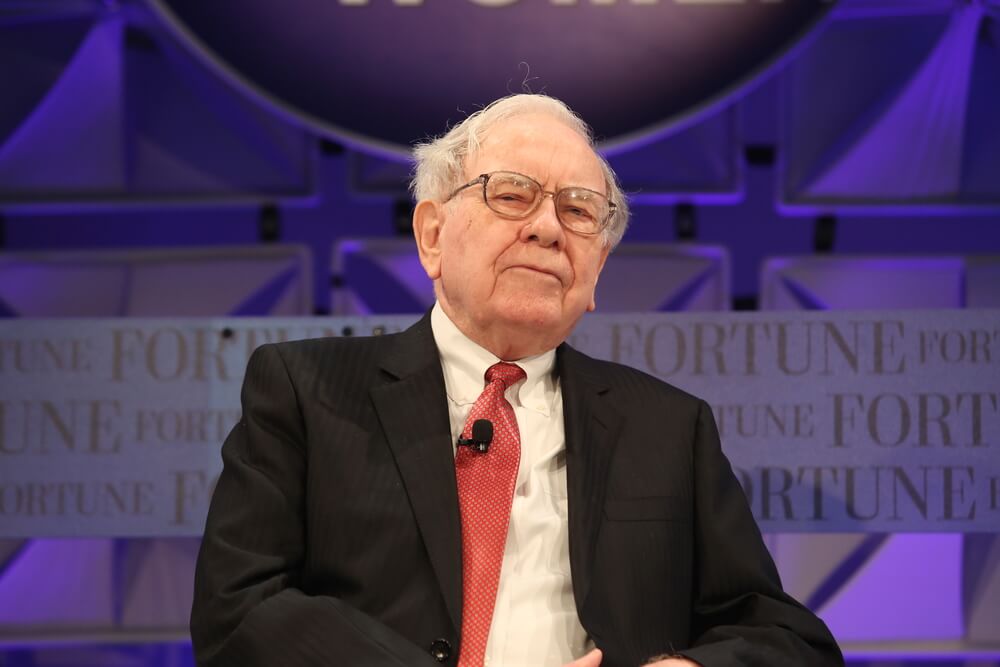Last year marked some major gains in the stock market, but the “Buffett indicator” was flashing some warning signs early in 2020 that may be coming to fruition if you look at the ongoing sell-off occurring on Wall Street.
The signal, named after Berkshire Hathaway’s co-founder and investor extraordinaire Warren Buffett, reflects the “Oracle of Omaha’s” simple approach to investing and stock valuation. It’s just the total stock market capitalization relative to U.S. gross domestic product.
Buffett sees a market correction happening when the indicator gets too top heavy, or when the market value of stocks are vastly outperforming the productivity of the companies that those stocks are based on. Historical data shows some validity to this argument.
The graph above shows how the Buffett indicator has dipped and rose again over the past 20 years up until 2017. Before the dot-com bubble crash of the early 2000s, the Buffett indicator showed U.S. market cap was at 146% of GDP, according to CCN. At the end of 2007, prior to the Great Recession market cap was 137% of GDP.
So what’s the Buffett indicator at now?
On the first trading day of 2020 the market cap hit 153%, and apparently the indicator rose 14% in the last quarter of 2019 as the stock market seemingly broke into new record highs ever other day.
According to Y Chart data, the market cap in relation to GDP continued to grow to a record-high 158.9% on Feb. 19, which also marked record closes by the S&P 500 and Nasdaq.
But now that number is tanking, which could be a bad omen for the market’s future. Friday’s market cap-to-GDP ratio was at 138.8%, and after Monday’s close the number plummeted to only 127.8%. So in less than three weeks the indicator has lost over 30%.
Markets are now in correction territory while flirting with a bear market, and even though the data set isn’t huge the Buffett indicator is showing that correlation. Now it’s just a matter of waiting to see if the market can recover, or will it just continue to sink.
All of this could explain why Buffett and Berkshire Hathaway have been sitting on a $128 billion mountain of cash while searching for an “elephant-sized acquisition” amid prices he considers too high.
Buffett did get into a slight bidding war toward the end of 2019 for a small tech company based out of Florida, but that would have only drained $5 billion from the investor’s record cash hoard if he had won the bid, which he didn’t.
